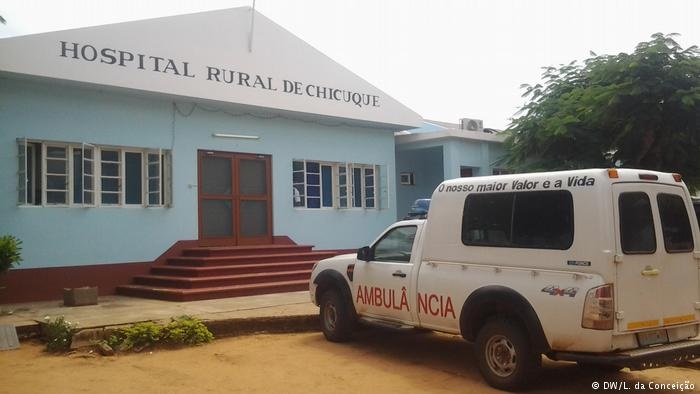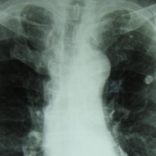Mozambique: Health laboratory inaugurated in Gaza province
Thousands of malaria cases since the beginning of the year in Inhambane

There is a lack of medicine in health units and many robberies occur. Photo: DW
In the first 30 days of this year, 22 people died of malaria in Inhambane province and more than 300,000 cases of the disease were diagnosed – up 5% compared to the same period last year.
“We are in the rainy season, when we usually have a spike in malaria cases, especially in Inhambane city, and in Maxixe, Homoíne, Morrumbene and Massinga,” Stélio Tembe, chief physician of the Provincial Health Directorate, says.
Lack of use of mosquito nets and poor sanitation are also cited as causes for the disease’s spread.
Robbery and lack of medicines
Lack of medicines exacerbates the situation, with patients going to health units receiving only paracetamol to relieve pain while illegal drug sales flourish.
Police in the district of Zavala in Inhambane recently arrested a community leader accused of selling hospital medicines and injecting patients without changing syringes, thereby endangering lives.
Zavala Police commander Joaquim Guila says the accused will face trial. “The order has already been drawn up and will be sent to the Public Prosecutor’s Office,” he confirmed.
Proper use of mosquito nets
Health authorities have been carrying out sensitisation and mobilisation campaigns in communities in order to curb infection rates.
“It is normal for malaria cases to increase at this time [of year], because the places where mosquitoes multiply also increase,” Tembe says.
The physician calls for the correct use of mosquito nets to prevent the disease. “People should use a combination of mosquito nets and other traditional methods, but also repellent,” he advises.













Leave a Reply
Be the First to Comment!
You must be logged in to post a comment.
You must be logged in to post a comment.